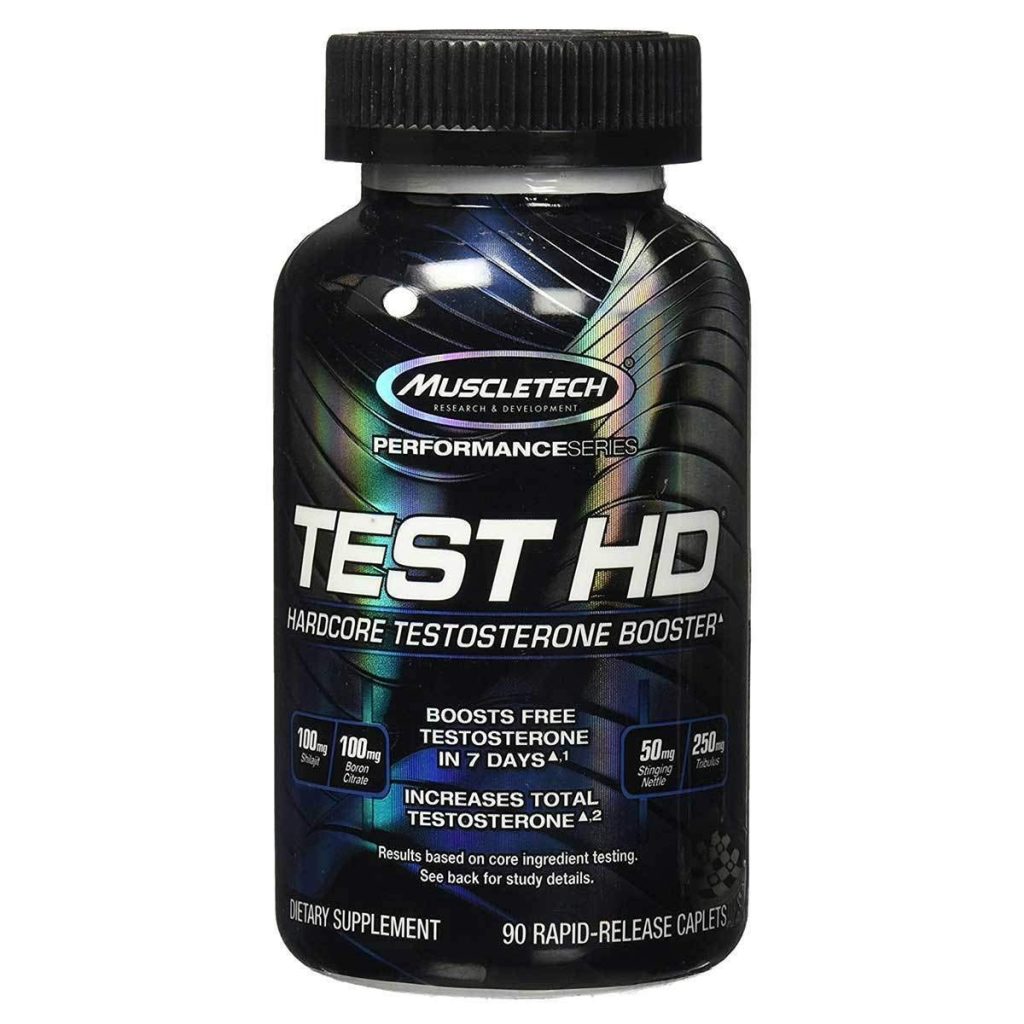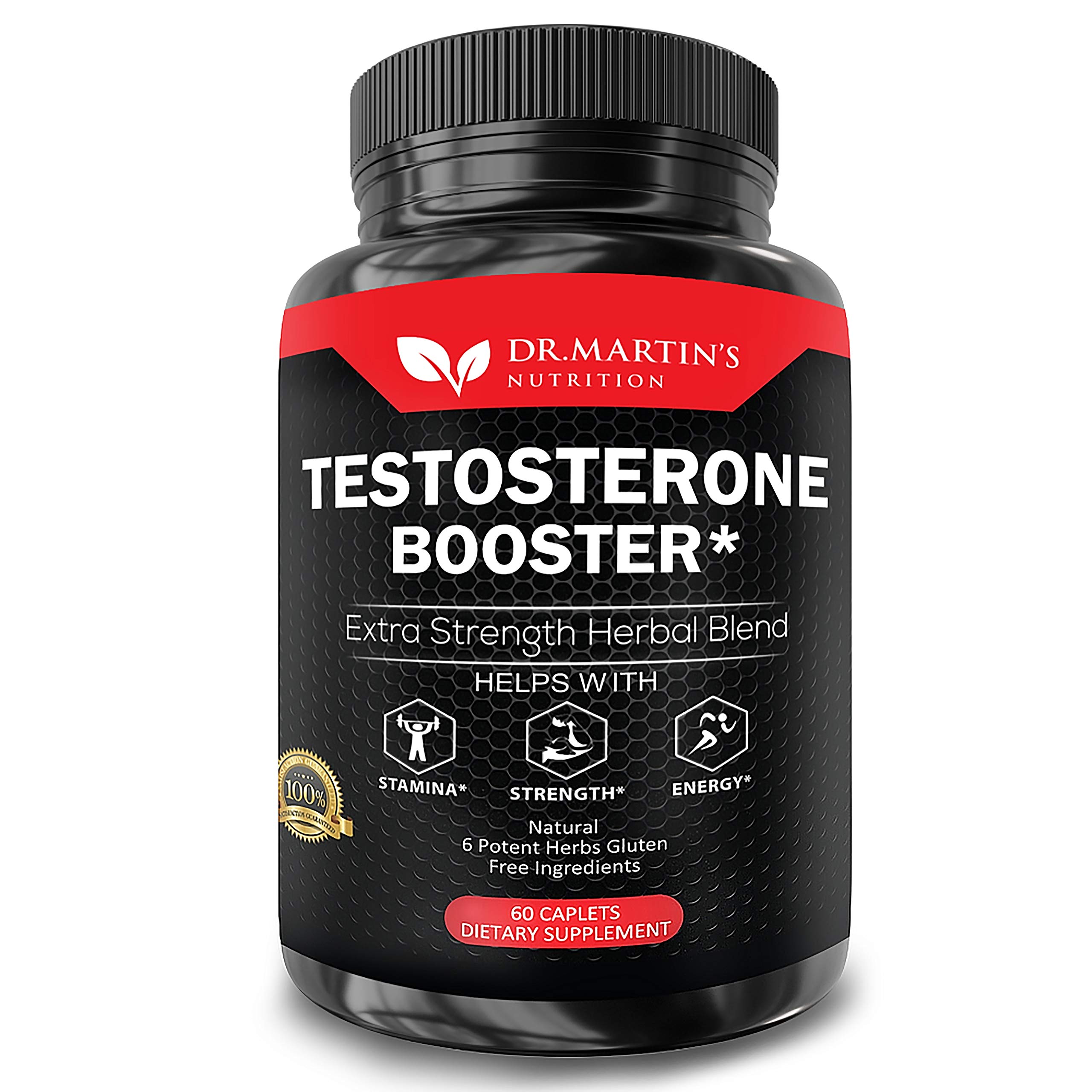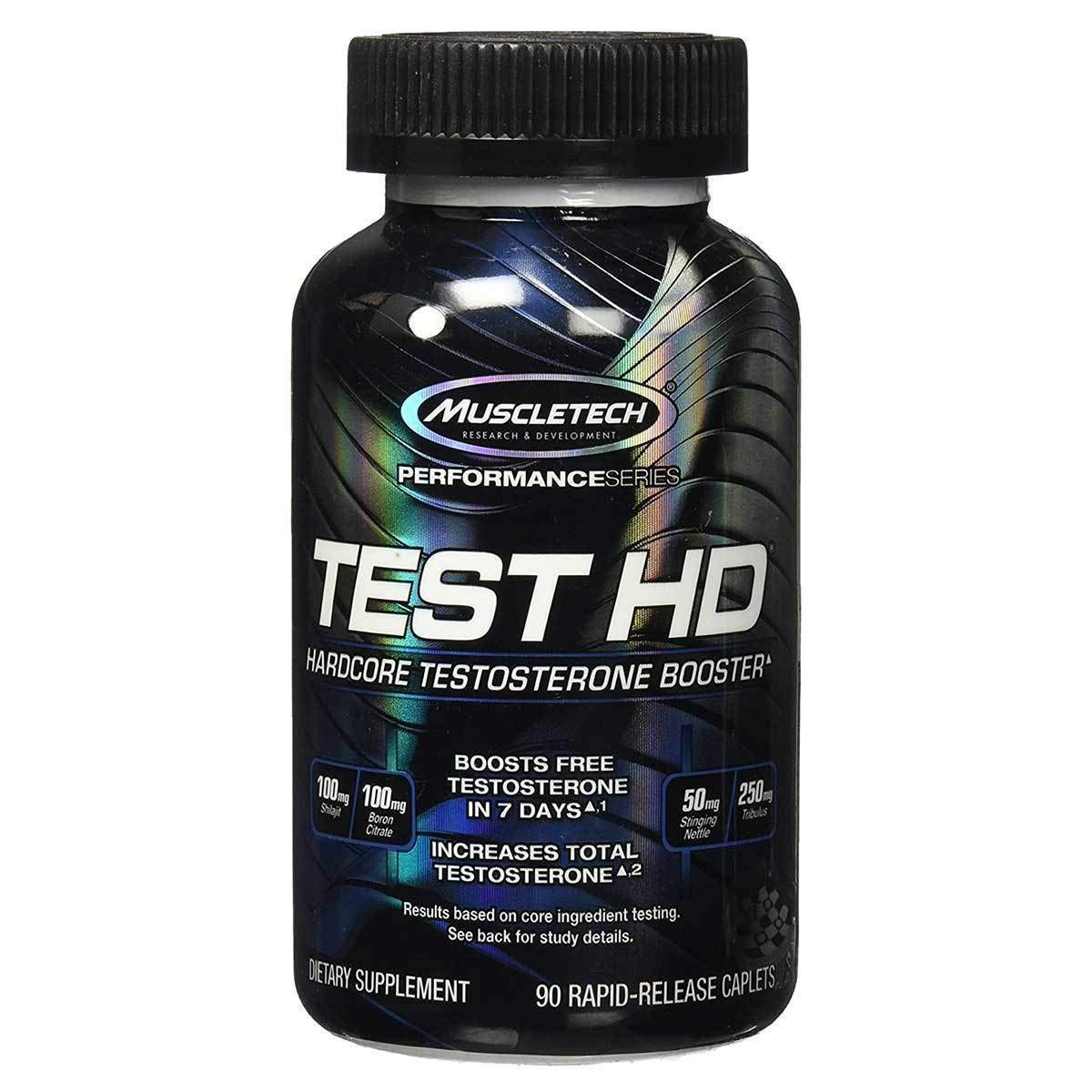
Boost Testosterone Levels Naturally With Diet And Lifestyle Changes
Testosterone is the primary male hormone responsible for the development and maintenance of masculine characteristics. Low testosterone levels can cause a variety of health problems, including decreased sex drive, fatigue, depression, weight gain, and muscle loss. If you’re looking to increase your testosterone levels naturally, there are several things you can do through diet and lifestyle changes. Additionally, for those looking to take testosterone boosters, Mensjournal.com reviewed the top test boosters on the market today that may help you reach your goals.
1) Get enough sleep
Research has shown that getting enough sleep is one of the most important factors in maintaining healthy testosterone levels. During deep (REM) sleep, testosterone production increases significantly, but if you don’t get enough REM sleep or suffer from sleep deprivation, this can lead to lower testosterone levels. Aim for 7-9 hours of quality sleep every night to ensure optimal hormone production.

2) Eat healthy fats
Healthy fats such as olive oil, avocados, nuts and seeds are important for maintaining healthy testosterone levels because they provide essential fatty acids needed for hormone production. Eating too little fat, or unhealthy fats such as trans fats found in processed foods, can inhibit hormone production, resulting in lower than normal test levels.
3) Exercise regularly
Exercise is an important factor in increasing testosterone as it helps to stimulate muscle growth while reducing body fat, which has been linked to lower than normal test levels due to aromatisation (the conversion of testosterone to estrogen). Aim for at least 3 days a week of moderate-intensity exercise (e.g. walking/jogging/cycling), focusing on compound exercises such as squats and deadlifts, which have been shown to be effective in stimulating natural T production.
4) Avoid stress
Stress is one of the main culprits when it comes to low testosterone levels as it suppresses the hypothalamic-pituitary-gonadal axis (HPGA), a major hormonal control centre in the male body. To avoid stress-related hormonal imbalances, try incorporating relaxation techniques such as meditation or yoga into your daily routine, and make sure you’re getting enough restful sleep each night so your body has time to recover from daily stressors without being overwhelmed by them.
5) Reduce alcohol intake
Alcohol consumption has been linked to lower testosterone levels due to its effect on liver enzymes responsible for metabolising hormones in the body; even moderate alcohol consumption has been associated with lower serum test concentrations over time in some studies. If you’re looking to boost your natural T production, reducing or eliminating alcohol consumption may be beneficial, depending on individual circumstances/genetics etc.
6) Taking supplements
Taking supplements aimed at boosting natural testosterone production can be beneficial if used correctly in accordance with the diet/exercise regimes outlined above; however, results vary from person to person so should always be discussed with your doctor prior to starting any supplement regime due to potential side effects etc. Mensjournal recently reviewed some of the top-rated supplements currently available on the market – check out their review here: http://www.<mensjournal>.com/test-boosters/.
7) Increase your zinc intake
Zinc plays an important role in the regulation of many endocrine functions, including the control of hormone release from the pituitary gland; zinc deficiency has been linked to reduced testosterone concentrations, so adequate dietary intake is essential for optimal health outcomes in this regard. Foods high in zinc include oysters, beef liver and kidney, pumpkin seeds, spinach and other leafy greens, peanuts, etc.

8) Consume protein-rich foods
Consuming enough protein-rich foods is necessary when trying to increase natural T levels as dietary proteins contain amino acids that are essential for the production of new hormones in our bodies; aim for 1 gram per pound of lean body weight per day spread over meals 2-3 hours apart when trying to optimise natural T production by dietary means alone. Examples include lean meats such as chicken breast & fish, eggs, whey protein powder, legumes, etc.
